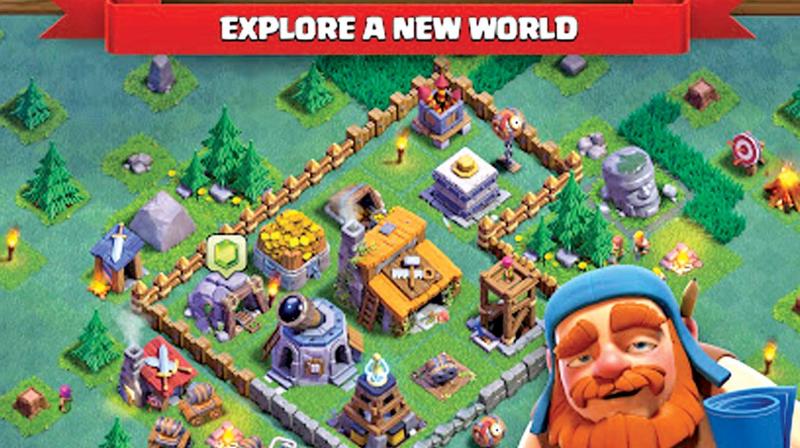Online gaming a rising threat to mental health

Chennai: WHO has declared online gaming a mental disorder at its ICD (International Statistical Classification of Diseases and Related Health Problems) meeting last month. With a surge in the number of incidents of impulsive behaviour, aggression and disrupted social well being among youngsters due to online gaming, the addiction to online gaming is being termed as a rising threat to their mental health by medicos.
Psychologists are seeing a rise in number of cases related to online gaming addiction as youngsters are involved in online gaming for such long periods of time that these games are regarded more significant than other life interests, say psychologists. “Gaming addiction is a condition where in there will be a rapid release of a chemical called dopamine in the brain just like any other drug addiction. Some countries had already identified it as a major public health issue. Online games require rapid movements and are fast paced which can make the children/adolescents develop difficulty with regard to concentration which can manifest as difficulty in studying which usually needs ones focus and sustained attention,” says Dr Vivian Kapil, senior consultant psychiatrist at Sri Ramachandra Medical Centre.
The addiction to online games can lead to decreased social interaction and social engagement that can hamper their social skills in real world setting, adds Dr Vivian. It will suggest that abnormal gaming behaviour should be in evidence over a period of at least 12 months “for a diagnosis to be assigned” but added that period might be shortened “if symptoms are severe”.
Various symptoms such as impaired control over gaming considering frequency, intensity and duration of gaming, increased priority given to gaming and continuation or escalation of gaming despite negative consequences have been recognised by the WHO guide. Virtual gaming serves as an easy escape route from reality landing youngsters in anxiety, illusions and compulsive behaviour. The rising number of cases highlights the need of awareness and medical interventions to cure the same.
Males have reported being more prone to such games. Various risk factors such as impulsive and aggressive behaviour of youngsters and adolescents, poor social skills, limited empathy, limited ability to regulate emotions, anxious children, low self esteem and authoritarian parenting are commonly witnessed, say psychologists.
“There were instances when a 21-year-old boy locked himself for days to play online games and had not even ate or slept for more than 48 hours. While another 25 year old boy quit his job to devote more time to online gaming, he found his job “uninteresting”.
Parents and friends of such addicts had brought them for counselling and they were even given medical intervention such as mood stabilisers to control their activities,” says consultant psychologist at Fortis Malar Dr Nethra. It is not only socialising and education that is affected, but also basic activities such as sleeping and eating. Counselling in the form of individual psychotherapy and behavioural therapy are usually the treatment for this, he added.
While the government in South Korea has banned access to online games for children under 16 from online games between 12 am to and 6 am, there are alerts by the websites in countries. While countries like UK have separate clinics to treat the condition of being addicted to online games, the issue is yet unidentified in the country. The National Mental Health Programme does not recognise online gaming addiction as one of the threat to mental health.
Though various cases of addiction to games have surfaced before psychiatrists in the city hospitals, the State Mental Health Authority does not identify online gaming addiction as one of the risk factors. The de-addiction policy in the state, promoted by separate de-addiction centres should also provide medical intervention for online gaming addiction.
Several online games such as Pokemon Go, Clash of Clans, Bluewhale and PUBG became popular among youngsters. While Pokemon Go led to many accidents involving youngsters in their pursuit to finish various stages of the game, Clash of Clans left many youngsters sleep deprived due to specific timings of gaming. Bluewhale made headlines in the world and claimed many lives while completing targets, and these days many school and college students remain glued to their phones and desktops due to group gaming
features in PUBG.

